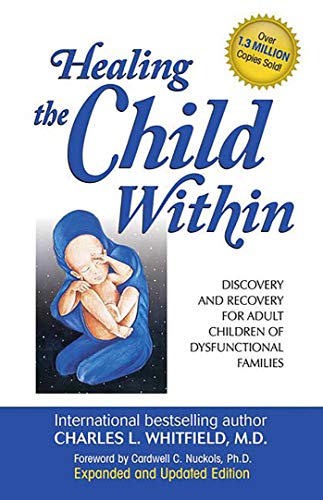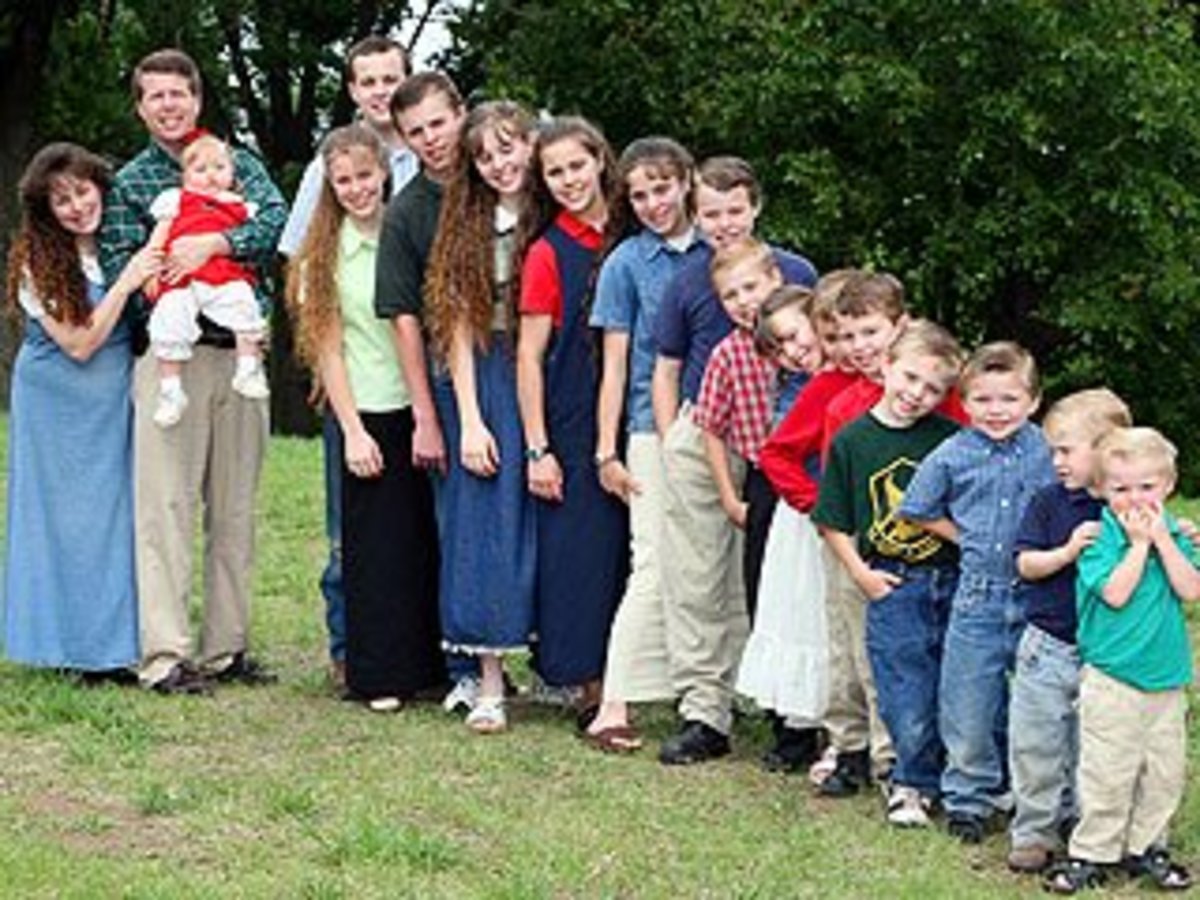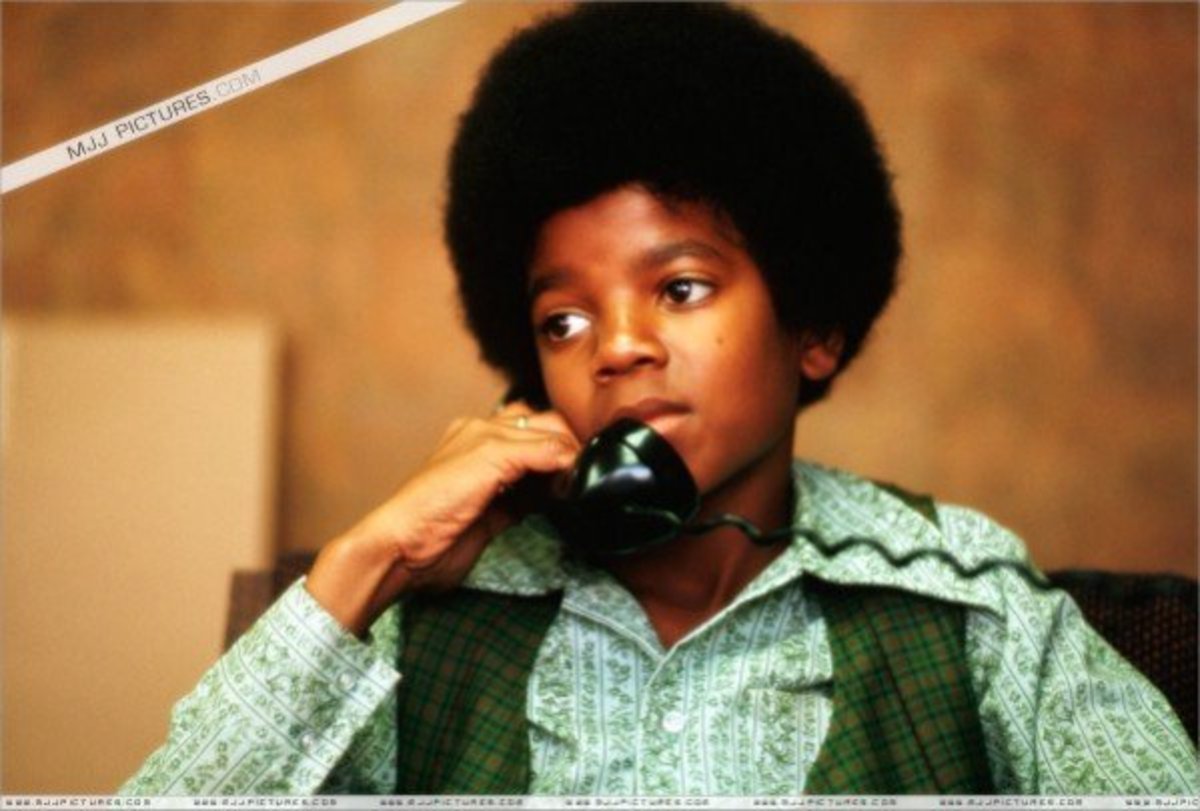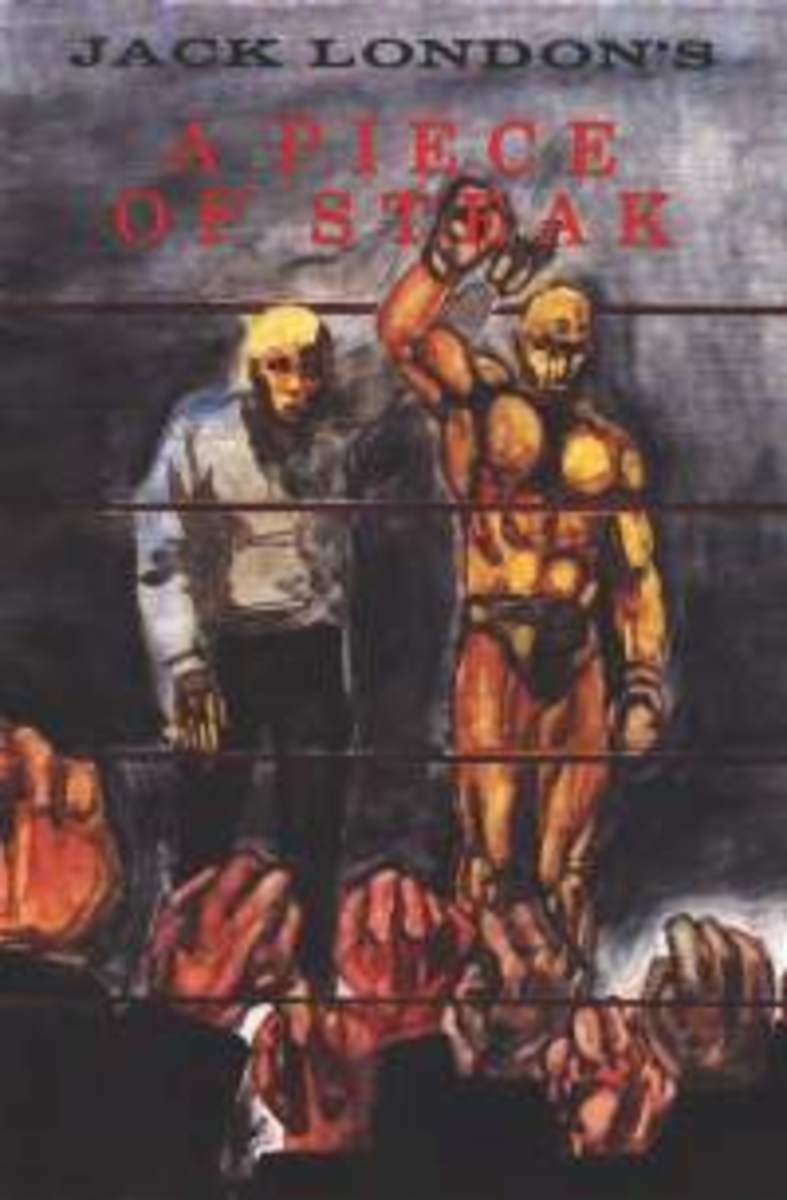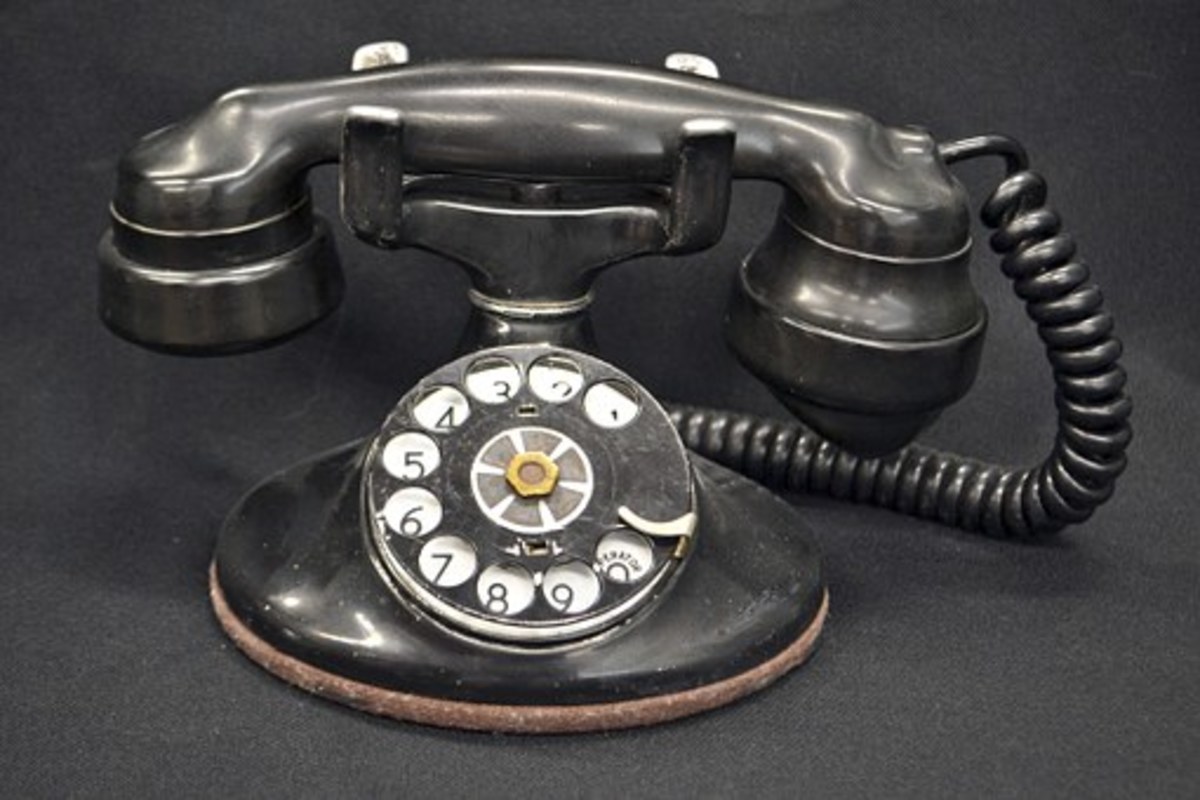Adult Children of Alcoholics, ACoA's - Coping Day to Day
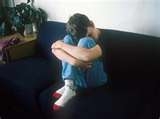
Adult Children of Alcoholics - Living in a Dysfunctional Family
Adult Children of Alcoholics, ACoA for short, is a relatively unknown group of adults whose lives are forever altered because of a parent who drank too much. There are now millions of adult children of alcoholics who are trying to cope with their everyday adult lives. In most cases, they might not even realize they are victims of the outcome of living in a family that had an alcoholic or other addict at home. Living in a dysfunctional family creates personal issues that you are not even aware of as a child. When you venture out into the adult world and it is difficult to socialize or control your anger or speak out in public, you realize you are different. You can get help. There are resources available via books, websites, social groups, and personal counseling. These resources are there for you to help you overcome certain obstacles in your life that are caused because of living in a dysfunctional family as a child.
Adults who grew up in a dysfunctional family, particularly in a family where an adult abused alcohol are called adult children of alcoholics. There are groups devoted to helping you if you are an adult and you feel like your childhood and the way you were treated as a child has had an impact on your adult life, and how you act and re-act to people in your current adult life. According to Wikipedia, Alcoholism is one of the leading causes of family dysfunction. As of 2001, there were an estimated 26.8 million children of alcoholics in the United States, with as many as 11 million of them under the age of 18. Children of addicts have an increased suicide rate and on average have total health care costs 32 percent greater than children of nonalcoholic families. Are you an adult child of an alcoholic? It took me several years to come to terms that I was an adult child of an alcoholic. How do you know if you are one?
There must be something wrong with me. Why can't I keep a relationship? Why do I feel like I can't ask my boss for a raise? Why do I feel like hitting my children like my dad used to hit me? Why don't I just pick up a bottle and drink away my sorrows, that's how my mom dealt with things? Any of these questions sound familiar?
You were probably raised in a dysfunctional family if you have doubts about your ability to deal with certain anger and self-esteem issues. Just know this: it's not your fault that you were raised in the setting that you grew up in. It's not your fault for most things that happened to you when you were young. In most cases, you were a victim. A victim of a parent or set of parents or an adult guardian who had issues and problems. These problems that they had in their own life flowed over to the famly life and you were an innocent victim. Your siblings were also innocent victims. It's not your fault and you can learn and grow as an individual if you can accept the fact that what happens in your childhood ultimately plays a factor in how you adapt in your adult life.
What exactly does living in a dysfunctional family mean? According to Wikipedia, "A dysfunctional family is a family in which conflict, misbehavior and even abuse on the part of individual members of the family occur continually, leading other members to accommodate such actions. Children sometimes grow up in such families with the understanding that such an arrangement is normal."

Background information worth knowing
Adult Children of Alcoholics or Other Addictions
If your mother or father was an alcoholic and you lived with him or her, you may not even know it, but your behaviour as as adult is directly related. The key things to know are:
1) You are not alone, there are thousands of Adult Children of Alcoholics.
2) It's not your fault.
3) There is a way for you to positively change yourself so that you no longer have to struggle with some of the feelings you may be experiencing as an adult.

My Daddy Doesn't Tuck Me in at Night
I knew my family was special, yes, special. That's what we say when we can't quite explain why somebody is behaving a different way than they should. As a young child, I knew we were different. I realized my family was different than other families in my neighborhood when I first went over a friends house to play. Her mom was cooking dinner in the kitchen and her dad walked in and set his stuff down on the table. He came up to my friend's mom and gently put his arms around her waist and turned her around towards him. He kissed her on the cheek. He wrapped his arms around her and held her close to him. Then he surprised me as I watched him open up his arms as he bent down. I watched with a yearning down deep inside me as my friend ran into her father's arms and he squeezed her and held her close and hugged her and he whispered something to her that made her laugh and giggle in his arms. I thought I was on the set of the Brady Bunch, because things like this don't happen in real life. They certainly didn't happen at my house.
My father was in the construction business and he got together with his fellow construction guys almost every day after work at the local bar and drank and talked and drank some more. We never knew what time of the evening he would get home. Some days he would eat dinner with us and other days, my mom would wrap his food up in aluminum foil and put it in the refrigerator until he got home. If we asked my mom a question about something and she didn't know what my dad would think of it, she would say, "Let's see what your dad has to say about it, but before you ask him, let's see what kind of mood he's in when he gets home". Now that I look back, she really meant, let's see if he is sober or drunk, and let's see if he is angry, mad, frustrated, or in a mood to talk.
I remember lots of arguments, I remember yelling, I remember a pot or pan flying late in the night. I remember a kitchen knife one night. On another occasion, I remember my mom ironing some clothes one evening over an ironing board. Then, I remember an argument. My mom held up the hot iron as if it were a shield and a weapon all at once. My parents never struck each other. They argued a lot, but most times my dad would eventually end up just going into his bedroom. Soon he would be fast asleep. The house would get quiet once more. My mom and her five children would watch TV until bedtime. Then we would all brush our teeth and head into our beds. I can't ever recall my dad tucking me in at night. I loved him and I'm sure he loved me.
My mom is a wonderful woman. By the age of eighteen she had my sister, me and my brother. Three children in three years and at one point we were all in diapers. My dad was twenty and drinking and doing drugs and working. He supported his family financially and always provided a paycheck that paid the bills. My dad would cash his check and give my mom what she needed to pay the bills. My mom had envelopes set up in the top kitchen drawer in our small kitchen. The white envelopes were all labeled with my mom's handwriting. One was rent, the other gas, the other phone, and so on. She would place the correct amount in each envelope, then go to the local corner store and get money orders and pay the bills as they came due. She didn't have a car, she didn't have a bank account, and she didn't have the love and support of a husband. She raised all five of us the best she could. My dad was there, but not in the sense of a normal, loving, nurturing, mentoring type. He was not a stable, father-figure. He was a drinker. My mom could have and should have walked out on him many, many times, but she never did. My love for my mom is greater than any thing in this world. She was our strength, our rock and our glue that kept our family together all those years.

Books about Living in a Dysfunctional Family - Addictions and dealing with life as adult children of alcoholics.
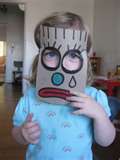
What role in your family did you take on?
I've read many books and they all pretty much talk about similar things to look for from an adult who grew up in a dysfunctional family. However, in looking back and seeing the role I think I played as a child, it is helping me to understand the roles I take on as an adult. I am married with four children.
There are many times that I am not happy with how I handle situations especially when it comes to reprimanding my children. I remember being spanked with my father's belt as a child and I promised myself I would never do that to my children. I pick and choose my words carefully when I tell my children about how they need to not fight with each other or that they need to improve in their school grades. I never had my parents reprimand me about my grades. I was a 4.0 student all through school. I wanted my parents to be pleased with me. Doing well in school was my way of getting their attention.
My children don't have that need for attention in their lives. We reward them for good grades. I hug and kiss my children as often as I can. We tuck our children into bed every night. It's a ritual that we just do every night. I tell them I love them every night as I turn out the lights. My husband is wonderful and we learn from each other. We grow as parents every day.
I've read that children who grow up in a dysfunctional family have been known to adopt one or more of six basic roles:
"The Good Child" - a child who assumes the parental role.
"The Problem Child" - the child who is blamed for most problems, in spite of often being the only emotionally stable one in the family.
"The Caretaker" - the one who takes responsibility for the emotional well-being of the family.
"The Lost Child" - the inconspicuous, quiet one, whose needs are often ignored or hidden.
"The Mascot" - uses comedy to divert attention away from the increasingly dysfunctional family system.
"The Mastermind" - the opportunist who capitalizes on the other family members' faults in order to get whatever he/she wants.
I think I fell into several of these roles as a child. I never used comedy to divert attention from our family. I was quiet, timid, and shy. I am the third child of the family. I was the middle child, if you will. I had an older sister who didn't take on the role of the "Good Child" alone, but together, my sister and my brother and I looked on and helped my mom any way we could. We helped her with the younger two when they came along. My younger, second brother is the most outspoken of us all. He is five years younger than me. I think he missed a lot of the earlier situations that transpired when the three of us older kids were very young. My youngest brother is a successful manager in a law firm that handles corporate businesses. My younger sister seemed to take on the role of the "Quiet Child". She is still single as an adult. She turned to her artwork and graphics and is extremely talented in these areas. She also moved to New York about a two years ago as a change of pace.
I also read on Wikipedia, that adults who lived in a dysfunctional family as a child may experience various emotional or self inflicting traits. They may think only of themselves to make up the difference of their childhoods. They're still learning the balance of self-love, they distrust others, they have difficulty expressing emotions, they have low self-esteem or have a poor self image. They also have difficulty forming healthy relationships with others, they feel angry, anxious, depressed, isolated from others, or unlovable.
It took me a long time to get into a healthy relationship. I found myself trying to find somebody who was just like my dad. One time I dated a guy who had a drinking problem and he would miss our dates, or he would make sure we went to a restaurant that sold liquor. One evening as we were waiting for our food to arrive, he finshed drinking three long neck bottles of beer. I thought to myself, "What am I doing with this guy. He is everything you don't like in your father." So, I stopped seeing him. Several years later, I married a wonderful man who doesn't drink or smoke by his own choice. We have been married for 16 years now.
Among the traits that an adult may take on and the one that challenges me the most as a mom is that an adult may "perpetuate dysfunctional behaviors in their other relationships (especially their children)". I know I will never drink like my dad. In college, I had an occasionally night out with friends and would go to a party and drink socially. I don't want to ever follow in my dad's footsteps and develop a drinking problem. I was spanked as a child and yelled out as a child. I was reprimanded for fighting with my siblings . I remember being slapped in the face one time. I constantly have these visions and fears in the back of my mind when I deal with my own children. Most people will do what they were taught or what they know and learned as a child, but this is not one of those behaviors that I will repeat. I catch myself every now and then, in the heat of the moment, thinking about hitting my child, sometimes I even raise my hand, but I turn and walk away. I think I'm like most parents who deal with their children. I'm not perfect, neither are my kids, but to hit them or to verbally abuse them is just wrong and I try to reprimand them in ways that will positively influence them to do better.
As an adult who lived in a dysfunctional family as a child, adults may also lack the ability to be playful, or childlike, and may "grow up too fast". I think this is what happened to Michael Jackson. He was said to be abused as a child by his father. Michael Jackson always seemed to want to relive his childhood and as an adult surrounded himself by children.
Also, Adult Children of Alcoholics may be unpatriotic to their hometown, state, province, or country, and often yearn to live far away from their families. My younger sister, is a prime example. She moved to New York a few years ago as an adult in her early thirties while the rest of us live in California. She can't explain why. She just needed to do it. As adults, many of us may not even realize why we do the things we do. If you don't read up on the facts of living in a dysfunctional family, you may think there is something seriously wrong with you. Once again, it is an outcome of how you were raised. Too much of one thing and not enough of another.
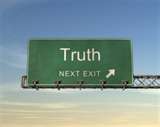
Calling a Spade a Spade...
When I was young, I knew my dad was a drinker. I didn't know he had a drinking problem, because he never stumbled into the house, he never blacked out, he never became extremely violent. He never lost his job because of his drinking. I never thought of him as an alcoholic. Now, I'm facing my past and calling a spade a spade, my dad was an alcoholic. If you're not sure that you or a member of your family has a drinking problem, check out the signs. Some people will never admit that they have a problem. Everyone around them, who know them, know they have a problem. My father is alive today and he will deny that his drinking affected anything or anybody around him. Get the facts here, Signs and Symptoms .
My dad was lucky enough to have had his life spared. I think it's a gift God is giving to those around my dad. Don't get me wrong, I am grateful that my dad is still alive, but it's nothing that he did himself to deserve it. I think if the doctors weren't watching his blood levels, that he would go back to drinking and smoking in a minute. Sometimes God does things that are beyond your thinking. You have to accept it and know that He knows what He is doing. It all works out for the best for everyone. My dad was diagnosed with Hepatitus C when he was 16. Hepatitus C is a disease that begins to attack the liver. There is no cure for Hepatitus C. If you don't take care of yourself Hepatitus C can lead to liver disease including cirrhosis of the liver. My dad was told at a very young age that his body's immune system would keep the Hepaptitus C in check if he didn't abuse his body with alcohol or drugs. He continued to do both all of his life. Luckily his doctor did annual screenings of his liver. They were able to see a growth in his liver in the early stages. My dad eventually developed cirrhosis of the liver. In October of 2006, he was diagnosed with liver cancer with a tumor that was small enough to be removed with chemo. However, after it was removed several others were popping up on the MRI radar and the doctor knew my dad needed to be placed on a liver transplant list.
Amazingly, he was called almost one year later, in October of 2007. They had a liver from a young accident victim. The size and blood type was a match. My dad went to the hospital and underwent a nine hour transplant surgery that saved his life. The USC Hospital liver transplant ward seemed like a step away from a morgue. Walking through the halls, I could see other liver patients like my dad sitting or laying in their beds. They all had a very haunting, yellow look to them because their bodies, their livers, can't process the bile and other by-products like a person with a normal healthy liver. My dad was looking very weak, very fragile and extremely yellow the weeks that led to the day they took him into surgery. We all prayed like we had never prayed before and God worked His miracles. My dad made it through the surgery and the weeks and months of recovery that followed. He had his liver transplant over four years ago and is doing well. He doesn't drink or smoke now because of all he has been through. Sometimes I feel sorry for him. He used to be such a strong, physically attractive man, and now he seems small, frail, and fragile. I think he is a victim himself sometimes.

What Got Me Through the Tough Times....
I am still to this day shy about being in a group setting. I used to just agree with everybody and just do what I was told, but as I get older, I'm standing up for what I feel is right and wrong. I voice my opinion more than I ever would have when I was younger. I still feel the need to be in control in situations where I know I can be in control. Like at home with my own family. I always want things in my household to be a certain way and I get a little anxious when things aren't happening the way I planned them, but with four children you learn to be patient and flexible. I am far from patient and flexible, but I am on my way.
As I grew older and became more mature, I became stronger in my faith. I went off to college as quickly as I could. College was my ticket out and I was ready to leave home. I applied to a college that was far enough away that I had to live on campus, but short enough distance that I could drive home and visit my family on a weekend every now and then. For the first time in my life, it was up to me to wake up every Sunday and go to church. I did attend church as many Sundays as I could during my four years at college. I began to take control of my life. I was still angry for the way my dad was drinking. I was also still very shy because my dad was a drinker and we never had many friends over to visit. I wanted to be somebody important, I wanted to make it on my own. I wanted to outgrow the person I was and become somebody new.
After I graduated from college, I worked full-time and moved into my own place. I eventually had a few relationships, but I prayed and prayed for somebody who would be that special one that I would marry and live with forever. I felt I was overweight and that nobody could love me. I weighed about 175 pounds, which now that I look back, wasn't all that bad, but still overweight. I signed up for a dating service. At the dating center I could view men who were single and flip through a binder at my leisure. If I were interested in one of them, I could then watch a video about him. I guess today's equivalent to eHarmony.com. I found a few guys in there, and then I spotted a spunky, yet shy, red head. He went completely against all the guys I had been looking for in the past. I was being guided by God to find somebody who was not what I envisioned. I went with my heart and with what God was telling me to do and I made the move to contact him. The rest they say is history. We hit it off from the start and got married in a beautiful Catholic church.
These days I put my entire faith in God. My whole life I have prayed and have never doubted God's ability to do miracles in our lives. I think, I mean I know, God is who got my mom through all the rough times in her marriage. All of our childhood was not bad and scary. There were many positive moments. I remember my mom and dad being there for many of our school activities. My dad was just not a normal dad. Our life was different and it was because of his drinking. I think in many ways I'm a better person because of my childhood and yet, I know that I am reserved and not as open as I should be in my relationship and it's because of my childhood. Most of these days the majority rather than the minority of people live in a dysfunctional childhood setting. So many families are struggling with a family situation at home that is dealing with an alcoholic, a single parent situation, a divorce, a drug user, poverty, physical abuse, mental abuse, or a foster parent or custody issue.
These days you have to have faith. I've read many positive books about prayer and God. My prayer life grows stronger by the day. I have learned through Joyce Meyers to put my complete faith in God. She has some wonderful books that open doors to the power of prayer. Here is one of my favorites. The Power of Simple Prayer: How to Talk with God about Everything
I used to ask God for things late at night right before I went to bed and said my usual prayers. Now I thank God for everything, I praise Him for all He does in my life. He is my friend and I speak to Him all day long. He guides me in times of trouble and He helps me in times of need. He tells me when I should pray for other people. He lifts up my heart and fills my spirit with joy when He asks me to lend a helping hand. I try to listen and obey His words. I am learning to listen for God in my life. It's a wonderful thing. I know I am not where He wants me to be, but I am growing with His spirit everyday. I am healing and it feels great.
If you are a child who had an alcoholic parent, don't be afraid to get help. Don't be afraid to cry. Don't be afraid to begin to heal by slowly sharing your past with somebody that you really care about now. They can help you. Let go of the guilt. It's not your fault. There are unselfish people in this world who care greatly for you. I had to learn how to hug. It's a wonderful thing. Share your fears. It may take time, but slowly open up and release the past so you can move on with a positive future. All the best to you.
The most important thing to know is...
You are not alone, you can overcome the damage, you can learn to heal.
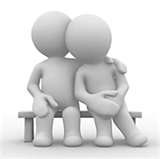
Dealing With My Attitude About Life as an Adult
As an adult child growing up in a dysfuntional family, I think the key steps are to not repeat what you learned as a child. Of course you repeat the loving, happy parts and you embrace those memories and pass them on to your children. However, the parts that you want to forget that are etched in your soul forever that include loneliness, isolation, insecurity, fear, instability, abuse whether physical or mental, lack of love mainly from the dysfuntional parent or guardian. These are the parts that you don't want to carry forward to the next generation. The acceptance and healing of these negative aspects of your childhood enable you to grow as an adult. The sooner you can come to terms with these negative feelings and memories, the greater your chance of working through your weaknesses as an adult. You will more than likely turn these bad feelings and memories around and learn from them. You have to make a mental effort to know that you won't be the one dishing these feelings out to others, because you know what it's like to be the victim. It hurts, it hurts for a long time. Overcome these negatives. Turn your negatives into positives.
My main purpose in creating this lens is to help others. I've browsed around the internet and there are hundreds of sites written by doctors of psychology who deal in theories and scientific research, but I found very few sites where the content is actually coming from a person who has experienced it in their own life. Squidoo is a place where I have read about individuals who have overcome obstacles in their past and are better for it. I wanted to share my story here, too. If you came across this site and learned from it, or now have a better understanding about the reasons that you or somebody in your life behaves in a certain manner, then I have succeeded in helping make the world a better place for you or somebody you love. Accept, deal, heal, and grow. Take it one step at a time, but please take the first step.

Spouses of Adult Children of Alcoholics
or significant others or a concerned friend of an adult child of an alcoholic
Being married to an adult child of an alcoholic is not an easy task. You may feel that your partner holds back sometimes or is not as open as you would like them to be. Just know that it is a result of their childhood and it has nothing to do with something you did or something that even they did. The adult child may not know how to express emotional feelings. It's something, that with patience and a lot of love, will eventually work itself out. Counseling may help, but the adult child of an alcoholic may not even realize that they have an issue and may resent seeing a counselor if they are pushed. Encourage them to talk with you or somebody that they trust and feel comfortable with, to discuss how they feel. According to people who are searching for information about ACoA, about 75% of visitors are ACoA's themselves and about 15% are individuals who know somebody who is an ACoA. It's hard to find material out there that addresses how you as a friend or spouse of an Adult Child of an Alcoholic can learn how to better deal with the individual who you care for and want to help. If you are the ACoA, you can begin to change your current patterns by reading material that sheds some light on why you feel the way you do.
I find that I express myself the best through writing, I remember when I was 10 or 11, I thought my mom was mad at me because she was having us do all these chores on a Saturday, like we did every Saturday, but her tone was very sharp. I didn't know why she was mad, but I wrote her a letter telling her that I was sorry for not wanting to help clean the house. She patted my head and said that it was not something I did and everything would be ok. I never knew what made her upset that day, but I knew it wasn't me.
Ever since then I express myself the best by writing. I can usually type and cross out mistakes and re-read it and get it just right. If I just start talking with people sometimes my feelings and emotions start to rise and instead of saying how I really feel, I'll just clam up and walk away. I realize to some people, that silence is worse than anything, but to some adult children of alcoholics, this is how we deal with things. In our past, there was nobody there to listen, so we just did everything on our own, in our minds. Nobody had time for us. By gently asking an adult child of an alcoholic to share their thoughts, they may learn how to slowly open up and begin to express their feelings, wants and needs.
It's a wonderful thing, as an adult child of an alcoholic, when you feel like you have grown as an individual because somebody loves you and shows that love to you. As a spouse, tell them constantly that you love them. Do small things for them and you will have their loyalty forever. Hold their hand, it's not something that they are used to from their childhood. It's the small touches in life that mean the most to an adult child of an alcoholic or an abused child or any child for that matter. We all want to feel special in a positive and loving way.
Take this Survey, please
I'm curious as to the type of people who are stopping by and visiting. If I know more about your background, then maybe I can add a few items to help you along. I'm not going to invade your privacy. Thanks for your support.
I'm checking out this lens because....

Blessed by a Squid Angel on October 2, 2011 and February 24, 2011
Thank you to Squid Angel Bikerministry for squid blessing this lens. This is one of my most powerful and personally revealing topic. I read it back every now and then and add to it or take from it depending on how I feel that day. This lens is helping me to grow as an indivdual. I hope it gets you on the right track if you are dealing with a similar experience. Once again, thank you for the squid blessing, I am honored.
Thank you also to ShirlW, a Squid Angel who blessed this lens on February 24, 2011.
Helpful Resources about Becoming Positive
All my life I was yearning for attention and ways to express myself. I wanted others to know that as one of five children, that I was special. I got praises when I did well at school. As I matured and grew in my faith, I came to know that the only person you need to praise and please in life is God. If you please God by staying on the right path and listening to His words, you will live a life of abundance and happiness. You reap what you sow and you need to learn how to hear God. I am far from being perfect in this area, but I have made leaps and bounds by reading and learning and getting closer to God by listening for Him. Every morning and every evening I read the two books, Starting Your Day Right and Ending Your Day Right. I have had them for several years now, and re-read them every year one day at a time. Every day is something positive that makes me think about the things I am doing in my life and the small ways I can change to become a better person.
I also highly recommend the Everyday Life Bible. The bible pages are written in every day normal writing and almost every page has a special section that explains the bible meaning so you get more meaning out of every page and section.
I'd love to hear what you think.





